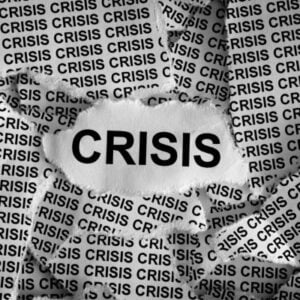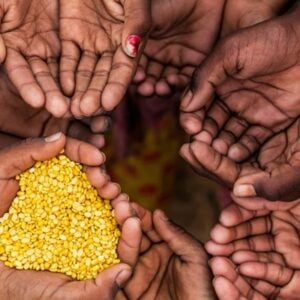Northern Mozambique is grappling with a surge in displacement driven by a complex web of emergencies, including armed violence, climate shocks, disease outbreaks, and a severe funding crisis. Since January, over 95,000 people have fled their homes in Cabo Delgado as humanitarian access becomes increasingly fragile.
According to the UN Office for the Coordination of Humanitarian Affairs (OCHA), attacks by armed groups between 20 and 28 July displaced at least 46,667 people across Chiúre, Ancuabe, and Muidumbe districts. Chiúre bore the brunt of the violence, with more than 42,000 people forced to flee—over half of them children.
Those fleeing violence often lack civil documentation, making it harder for them to move freely, access essential services, or sustain livelihoods. In Chiúre, families driven from communities such as Chiúre Velho, Ocua, and Mazeze have crowded into shelters in Bairro Micone and Bairro Namicir. A high number of unaccompanied or separated children have been reported among the displaced.
In Ancuabe, the security situation has deteriorated rapidly, with the number of displaced families nearly tripling in one week. The violence in Nanduli village pushed hundreds to seek refuge in Chiote and Ancuabe Sede. Similarly, in Muidumbe district, militants reportedly burned homes in Magaia and attacked areas near Mungue, causing nearly 500 families to flee. Humanitarian access to these displacement sites remains limited.
OCHA highlighted that civilians must be allowed to seek safety and determine their destinations freely, in accordance with international law. However, ongoing insecurity, documentation issues, and forced relocations are heightening protection risks for vulnerable populations.
The humanitarian response is severely hampered by funding shortfalls. As of July, only 19 percent of Mozambique’s 2025 Humanitarian Response Plan has been funded. Of the $352 million requested, just $66 million has been received, forcing agencies to scale back their target from 1.1 million people to just 317,000.
OCHA has warned that without urgent and sustained funding, the humanitarian situation will continue to deteriorate. Despite the growing needs, the response remains critically under-resourced, leaving displaced communities without adequate support.







